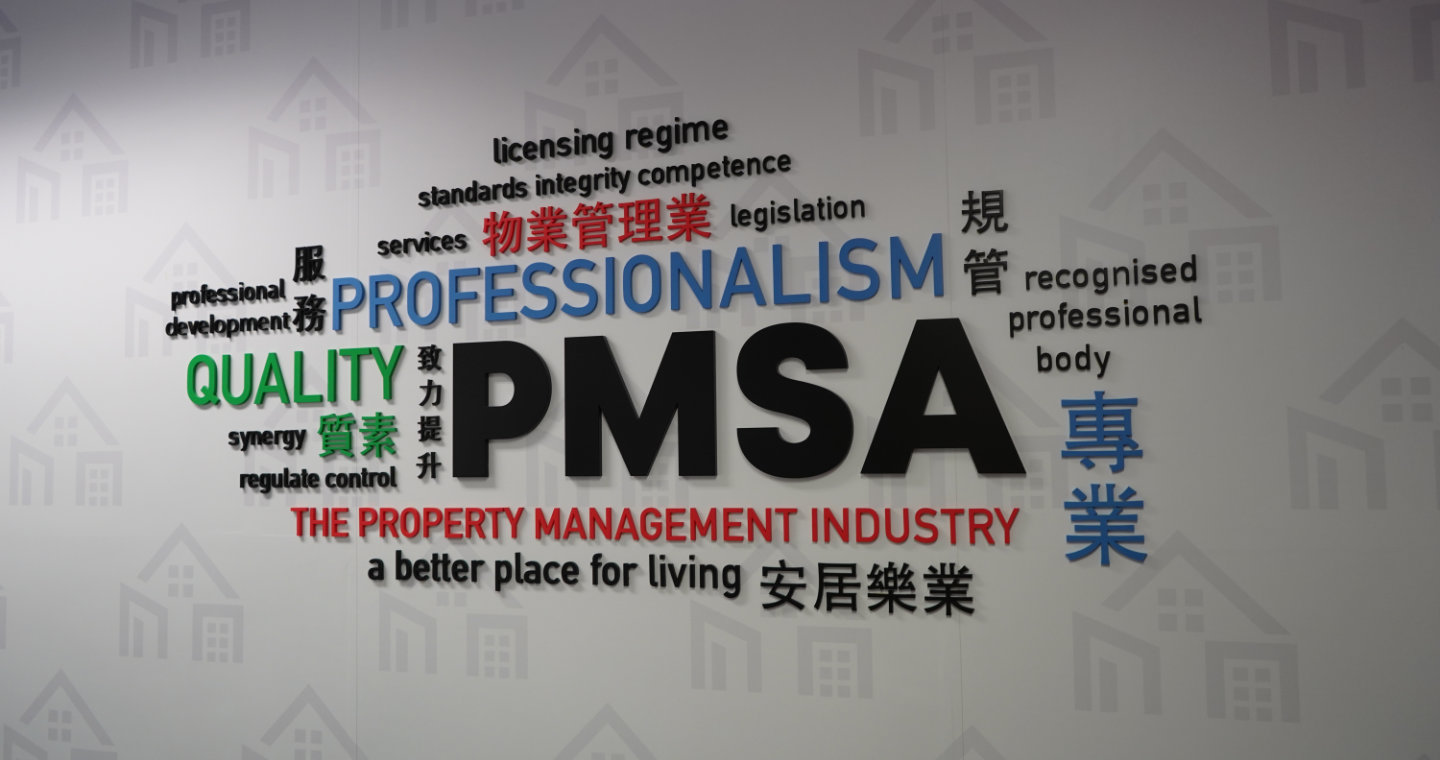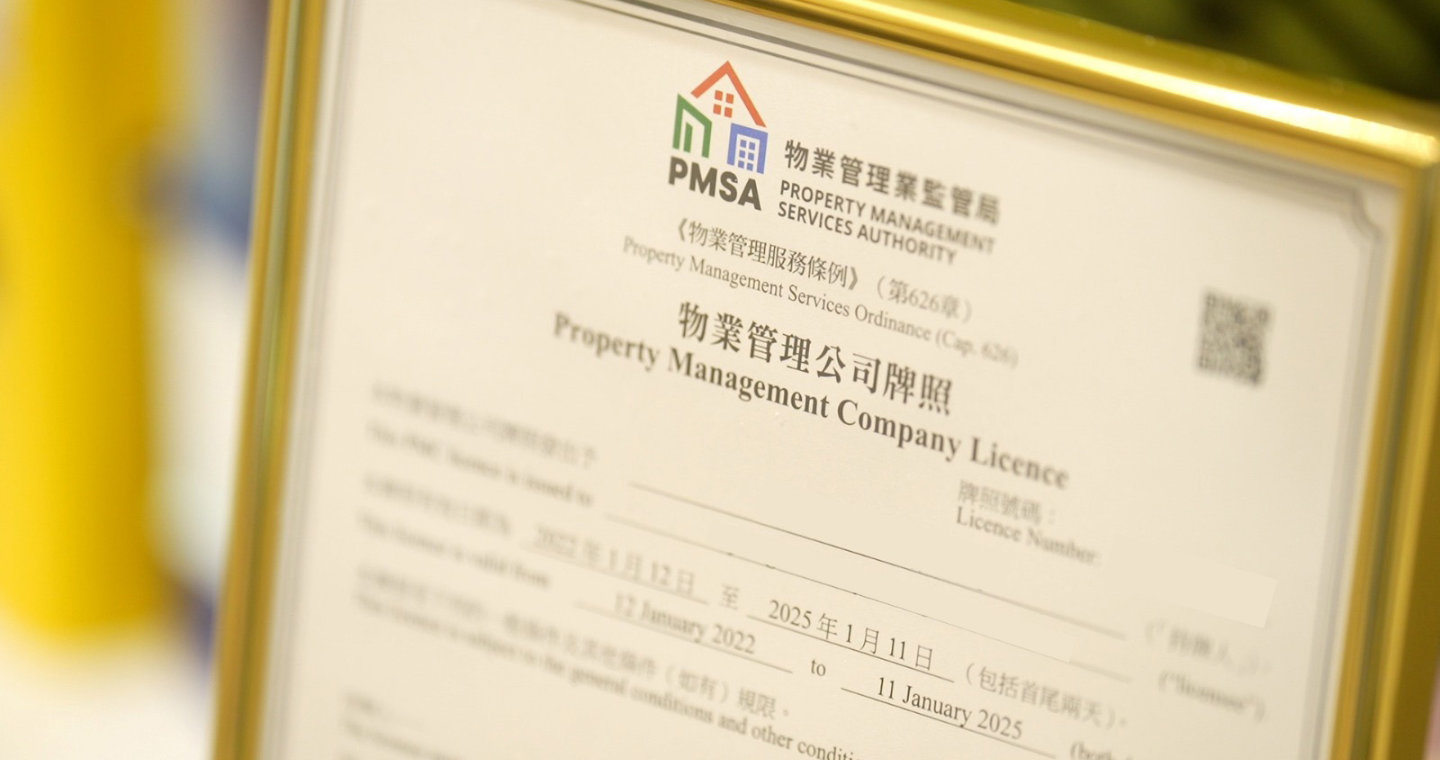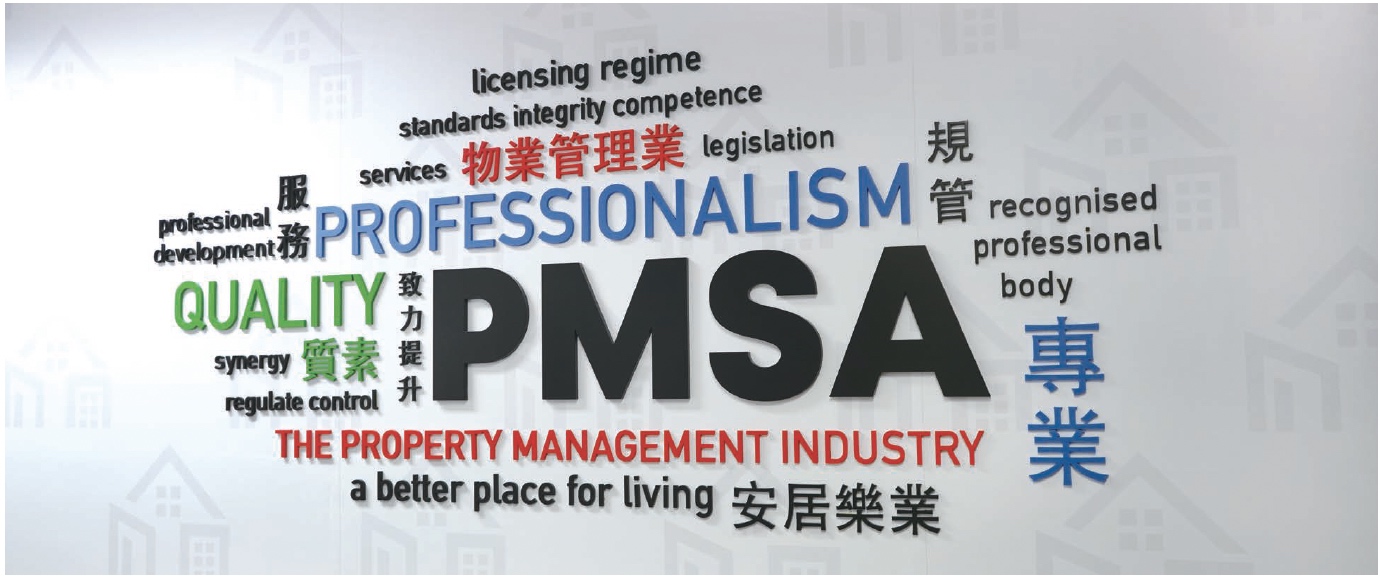FAQs
Levy
1. What is Levy?
Levy is a fixed sum charged in accordance with the Property Management Services Ordinance (Cap. 626) (PMSO) and the Property Management Services (Levy) Regulation (Cap. 626A) (Levy Regulation) under the PMSO. The amount of levy payable for each leviable instrument is HK$350 regardless of the stated consideration or value of the immovable properties under the conveyance on sale.
2. What kinds of instrument are leviable?
Leviable instruments are conveyances on sale as defined under section 2(1) of the Stamp Duty Ordinance (Cap.117) (SDO) which are chargeable with stamp duty under head 1(1) in the First Schedule to the SDO (leviable instruments). A conveyance on sale generally means every conveyance whereby any immovable property, upon the sale thereof, is transferred to or vested in a purchaser. You are advised to seek professional advice on the kinds of instruments that are leviable under the PMSO.
For the avoidance of doubt, an assignment of lease or tenancy, including an assignment of a short term lease or tenancy, in return for money consideration is regarded as a “conveyance on sale” chargeable with stamp duty under head 1(1) of the First Schedule to the SDO and therefore is a leviable instrument.
The following are examples of instruments relating to transfer of immovable property in Hong Kong which are NOT leviable because they are not “leviable instruments” as defined under section 51 of the PMSO –
- Conveyance operating as voluntary dispositions inter vivos (commonly known as “deed of gift”)
- Conveyance relating to inheritance of estate (regardless of whether there is any will)
- Deed of exchange (not involving any conveyance on sale) of an immovable property for another immovable property
3. Who shall pay the levy?
The transferee under a leviable instrument is liable to pay the levy. The transferee (generally refers to the purchaser) is the person to whom the immovable property concerned is transferred, or in whom the immovable property concerned is vested, under the leviable instrument. If there is more than one transferee under the instrument, all transferees are jointly and severally liable to pay the levy.
4. When is the levy payable?
The levy is payable within 30 days after the leviable instrument is executed, which is the same as the time for stamping.
5. How is the levy paid?
The collection of levy is very similar to that of stamp duty. The Stamp Office of the Inland Revenue Department (IRD) will collect the levy on behalf of the Property Management Services Authority (PMSA) together with the stamp duty when a conveyance on sale which is leviable is submitted to the IRD for stamping. Stamping can be made either electronically or via paper applications submitted to the Stamp Office of the IRD.
In general, matters relating to conveyances on sale and payment of stamp duty etc. are handled by solicitor firms. As both stamp duty and levy are collected by the Stamp Office, payers can arrange for both payments through solicitor firms.
If the stamping request is lodged by e-Stamping, payment of stamp duty and levy can be made online in one go via the GovHK website by PPS, VISA Card or Mastercard. Alternatively, payers may print out the payment notice of stamp duty and levy and make payment at post offices, the Stamp Office or convenience stores, etc.
As regards stamping applications by paper forms, separate cheques for the payment of stamp duty and levy shall be submitted to the Stamp Office of the IRD.
6. Why are purchasers of immovable properties liable to pay the levy to the PSMA?
Through formulating and implementing a licensing regime and other complementary measures, including codes of conduct and administrative guidelines, that suit the situation in Hong Kong, the PMSA aims to encourage and assist the property management industry and its practitioners in striving for enhancement in quality and professionalism so as to provide property owners, occupiers and users with professional property management services, hence better living environment. The PMSA is a self-financing statutory body. The levies are used to support its daily operation to fulfil its vision and to serve the public.
7. Is the levy only payable by the purchaser but not the seller of an immovable property?
Yes. Only purchasers of immovable properties are liable to pay the levy, which is collected in accordance with the relevant provisions of the PMSO. Sections 53 to 55 of the PMSO provide for the payment of levy to the PMSA by transferees under leviable instruments within a prescribed period while section 54 stipulates that transferees are liable to pay the levy.
8. What are the consequences of late payment or non-payment of levy?
Transferees under leviable instruments are liable to pay the levy within a prescribed period in accordance with the PMSO.
According to sections 57 and 58 of the PMSO, late payment or non-payment of levy are subject to a penalty, the amount of which ranges from two to ten times of the original amount of the levy, depending on the length of delay. If there is more than one transferee under the instrument, they are all jointly and severally liable to pay the penalty.
The PMSA may recover the amount of any levy or penalty payable as a civil debt due to it in accordance with section 60 of the PMSO, or register a certificate of levy and penalty in the Land Registry in accordance with section 59 of the PMSO.
According to section 58(1)(b) of the PSMO, the amount of the penalty is –
a. double the amount of the levy if the levy is paid not later than one month after the expiry of the payment period;
b. four times the amount of the levy if the levy is paid later than one month but not later than two months after the expiry of the payment period; or
c. ten times the amount of the levy in any other cases.
9. How can levy be exempted?
The exemption under the PMSO levy regime is the same as that under the SDO. Where any exemption is available under the SDO, no levy shall be payable under the PMSO. The Levy Regulation provides that classes of persons covered by sections 41 and 43(1) of the SDO, such as the Government, a person acting in his capacity as a public officer, diplomatic agent, consular officer etc., are exempt from payment of levy.
10. Who should I consult if I am not sure whether levy is payable for the transaction of an immovable property or a flat?
As matters relating to conveyances on sale of properties are handled by solicitor firms in general, their advice can be sought for the payment of levy.



























